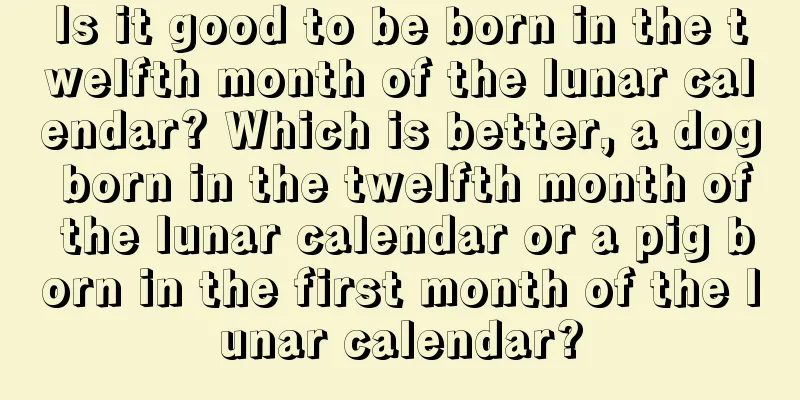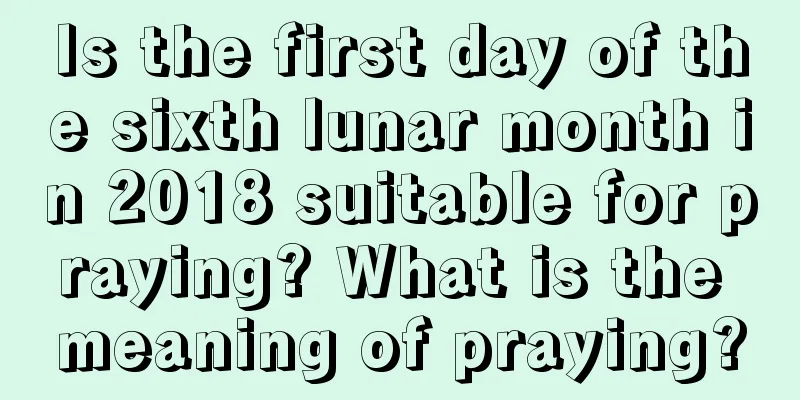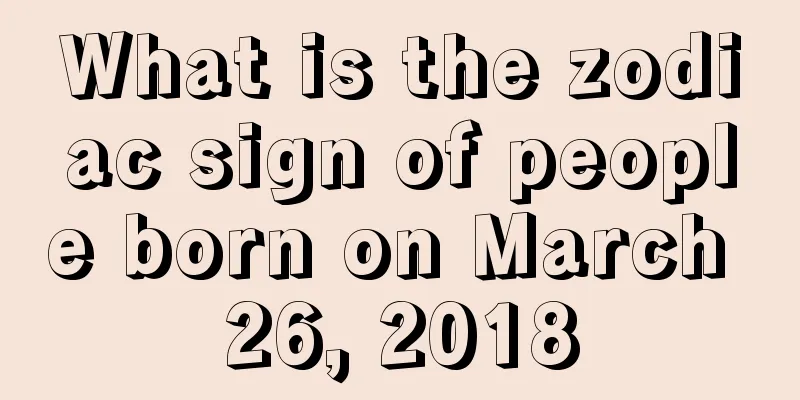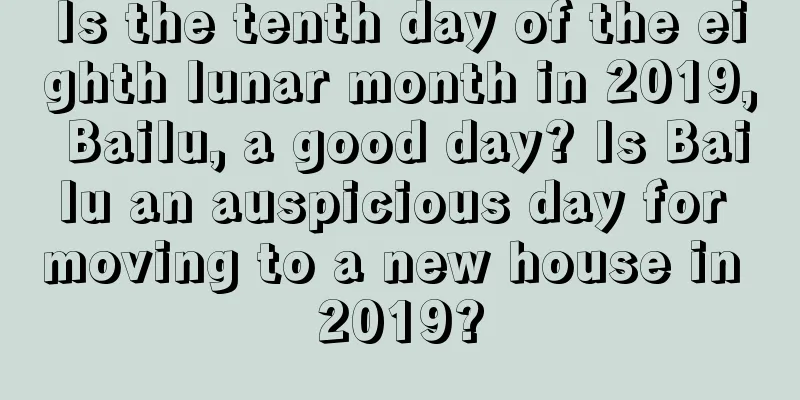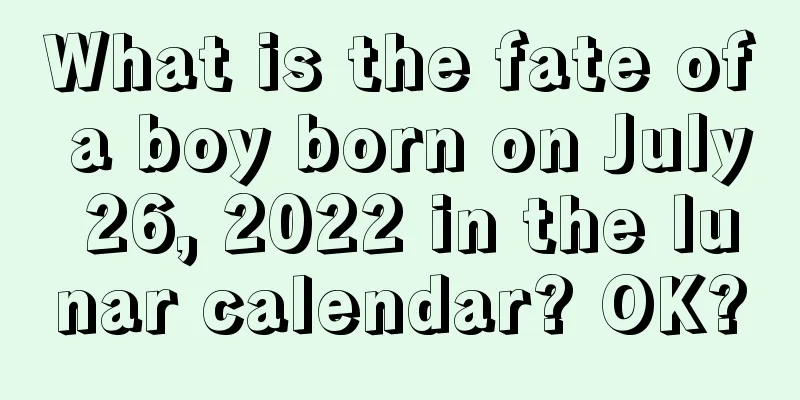When is the Little New Year’s Eve and what are its customs?
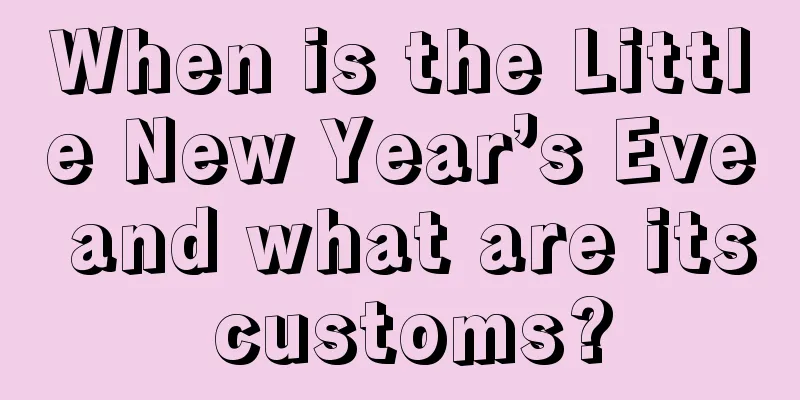
Introduction: We know that New Year’s Eve is the day before New Year, the day for family reunion. So, do you know about Little New Year’s Eve? When is the Little New Year’s Eve? What are the customs of New Year’s Eve? Let’s follow the editor to find out. New year, new atmosphere, there are countless topics about the Spring Festival. If you want to know more about the Lunar New Year, please continue to pay attention to Mr. Shui Mo’s exclusive Spring Festival special articles for you!When is New Year’s Eve?The 28th or 29th day of the twelfth lunar month, the day before New Year's Eve, is called Little New Year's Eve, a Chinese folk culture. On this day, families hold banquets and people visit each other to say goodbye to the old year. Burning incense outdoors is called "tianxiang" and usually lasts for three days.New Year's Eve refers to the last night of the twelfth lunar month of each year, which is connected to the Spring Festival (the first day of the first lunar month). The word "chu" in "Chuxi" means "to go; to change; to alternate". Chuxi means "the end of the month and the year". People have to get rid of the old and welcome the new. It means that the old year is over and the new year will come. It is the last night of the lunar calendar. Therefore, the activities during this period are centered around getting rid of the old and bringing in the new, eliminating disasters and praying for blessings. During the Zhou and Qin dynasties, at the end of each year, a "Dannu" ceremony was held in the imperial palace, in which drums were beaten to drive away the plague demons. This was called "Zhu Chu". Later, the day before New Year's Eve was called Xiao Chu, or Little New Year's Eve, and New Year's Eve was called Da Chu, or Big New Year's Eve. What are the customs on New Year’s Eve?On the 29th day of the twelfth lunar month, people visit the graves of their ancestors to offer sacrifices.The Chinese lunar calendar is divided into big and small months. The so-called big month is thirty days, and the small month is only twenty-nine days. Therefore, the twelfth lunar month is a short month, and the twenty-ninth day is the last day of the year. Then the 29th day of the twelfth lunar month is New Year's Eve. Even if it is not a short month, the next day is New Year's Eve, so all preparations for the New Year must be completed on this day. In the entire New Year festival, the 29th day can be said to be the busiest day. In addition to preparing various food, clothing and sacrificial offerings for the New Year festival, there is also an extremely important activity of "visiting the graves to pray to the ancestors". Therefore, the New Year's folk song says, "On the 29th day of the twelfth lunar month, visit the graves of ancestors and ask for great offerings."The worship of ancestors has a long history in China. Treating the dead as if they were alive is not only an important symbol of filial piety, but also a virtue of respecting the elderly. Therefore, every time there is a festival, we have to offer sacrifices to our ancestors. This is not only a way to comfort the ancestors, but also an expression of gratitude and longing for the ancestors by the descendants. The Spring Festival is a major festival, so the ceremony of visiting graves and praying to ancestors is particularly solemn and important. The time for visiting the graves and praying to the ancestors is in the early morning of the 29th day in most areas, while in a few areas it is in the afternoon or dusk on New Year's Eve. The folk song says "On the 29th, steamed buns" The dough is leavened on the 28th, and the steamed buns will start to be steamed on the 29th. People use their imagination to make the buns into various shapes such as longevity peaches and small animals. In Tianjin, people will go to Qiaoxiang Pavilion to ask for Chinese knots on this day, which means "Qiaoxiang brings good luck". Summary: Through the above article, we know that Little New Year’s Eve is the day before New Year’s Eve, and it is also an important traditional festival. I hope you like the above content. I wish everyone a safe, happy, auspicious and blissful new year! After reading this article, there are more exciting content in the Spring Festival special topic, let’s take a look! |
Recommend
Is it suitable to get married on November 11th of the lunar calendar in 2019?
Auspicious wedding days have a long history in Ch...
Is the 21st day of the sixth lunar month in 2019 a good day? What can’t we do during the day?
Introduction: "The Great Heat brings golden e...
What are the customs and habits of the Han Chinese during the Spring Festival?
Introduction: Our country is a multi-ethnic countr...
What is the fate of a girl born on the ninth day of the tenth lunar month in 2022, is it good or bad?
Every girl is a little angel. Let us analyze the f...
Can I move on the 20th day of the seventh lunar month in 2018? Is it okay to move into the new home?
The seventh month of the lunar calendar is full o...
Is there a 30th day in the tenth lunar month of 2020? What is the fate of the tenth month in the lunar calendar?
Is there a 30th day in the tenth lunar month of 20...
Is October 17th of the lunar calendar in 2021 an auspicious day? Is it auspicious to start work?
The tenth month of the lunar calendar is here. Is ...
The direction of the God of Happiness on the second day of the twelfth month of 2021, and the direction query at different times
December is the last month of the year, marking th...
The position of the God of Wealth on the 17th day of the fourth lunar month in 2018
If you want to know more about the days in April ...
Where is the position of the God of Wealth on the fifth day of May 2017, and how should we place the God of Wealth?
There is an important festival in the fifth month...
What day is the tenth day of the eighth lunar month in 2019, and what month and date does it correspond to?
As the days go by, our lives are still running on...
What should not be done the day before the Dragon Boat Festival in 2020? Why is the expressway not free during the Dragon Boat Festival?
Introduction: Every day has its own do's and d...
Is it a good time to pick up the car on March 22, 2020 in the lunar calendar? How is the day?
There are auspicious days and inauspicious days. ...
Is it a good fate for a boy born on October 22, 2020, the day before the heavy snow? Is today a good day?
Introduction: A new life is born every day. So, is...
Is today, the second day of the second month of the lunar calendar in 2019, the day when the dragon raises its head, an auspicious day to move graves?
Introduction: Relocating graves is a very importan...


